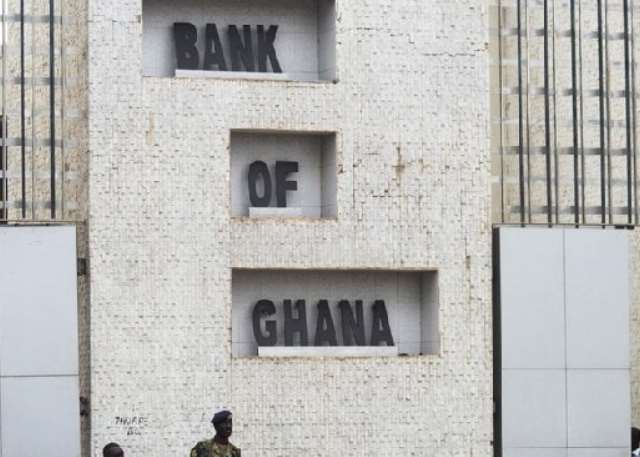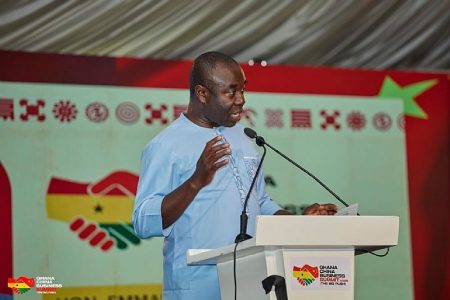The Bank of Ghana (BoG) recently executed a dramatic U-turn, rescinding its decision to terminate the appointments of 97 newly recruited staff members just days after issuing dismissal letters. This abrupt reversal followed significant public outcry, political pressure, and internal dissent, raising concerns about the bank’s transparency, human resource practices, and overall institutional integrity. The initial terminations, slated to take effect on June 23rd, 2025, targeted employees recruited just six months prior, in December 2024. The BoG’s official justification cited unsatisfactory performance evaluations conducted by the Human Resource and Capacity Development Department, based on metrics encompassing performance, cultural fit, and strategic alignment. However, the swift reversal suggests a deeper, more complex narrative yet to be fully revealed.
The sudden shift in policy has sparked widespread speculation and fueled a demand for answers. While the BoG remains officially silent on the reasons behind the reinstatement, internal sources point toward a board meeting held earlier this week as the turning point. Mounting pressure from various fronts – including internal staff, political entities, and the public – likely played a crucial role in the decision. The optics of mass dismissals so soon after a contentious general election likely raised concerns about political motivations, potentially damaging the bank’s reputation and inviting legal challenges. The rapid succession of recruitment and termination further fueled suspicions of instability and interference, adding pressure on the BoG to reconsider its course of action.
Adding to the pressure, the parliamentary minority vehemently condemned the dismissals, labeling them unconstitutional, unlawful, and morally reprehensible. This public denouncement intensified scrutiny on the central bank, demanding not only the reinstatement of the affected employees but also a comprehensive explanation for the initial decision and its subsequent reversal. The minority’s intervention significantly amplified public discourse and likely contributed to the BoG’s decision to backpedal. This external pressure, combined with the potential for internal backlash and reputational damage, created a compelling case for reversing the terminations.
While the BoG cited performance issues as the basis for the dismissals, some observers speculate that financial pressures played a more significant role. The bank’s personnel expenses had seen a substantial increase, rising from GH¢2.3 billion in 2023 to GH¢2.9 billion in 2024. This increase, coupled with growing scrutiny of the bank’s balance sheet and policy decisions, might have led to a cost-cutting initiative disguised as performance-based terminations. However, the lack of transparency surrounding the entire episode has only served to deepen suspicion and undermine public trust. The unexplained reversal casts doubt on the legitimacy of the initial performance reviews, raising questions about whether they were genuinely flawed, influenced by external pressures, or simply a pretext for reducing staff costs.
The BoG’s handling of this situation has drawn sharp criticism from governance experts and labor advocates, who are calling for greater transparency and consistency in the bank’s employment practices. As the regulator of Ghana’s financial system, the BoG is expected to uphold the highest standards of accountability, not only in monetary policy but also in human resource management. The lack of clarity surrounding the reinstatement further exacerbates the situation. Whether the reinstated staff will face renewed evaluations or be allowed to continue their roles without further scrutiny remains unclear. This ambiguity creates uncertainty and potentially undermines trust in the bank’s leadership and internal processes.
The 97 affected staff members now face a future marked by both relief and uncertainty. While their reinstatement provides a reprieve, lingering questions about job security, fairness, and the true motivations behind the initial dismissals persist. The episode underscores the critical need for clear communication, consistent policies, and transparent decision-making within public sector institutions. Until the Bank of Ghana provides a comprehensive explanation, this incident serves as a cautionary tale, highlighting the potential consequences of opaque practices and the importance of upholding institutional integrity. The pressure remains on the BoG to address the concerns raised and restore public confidence in its operations.














